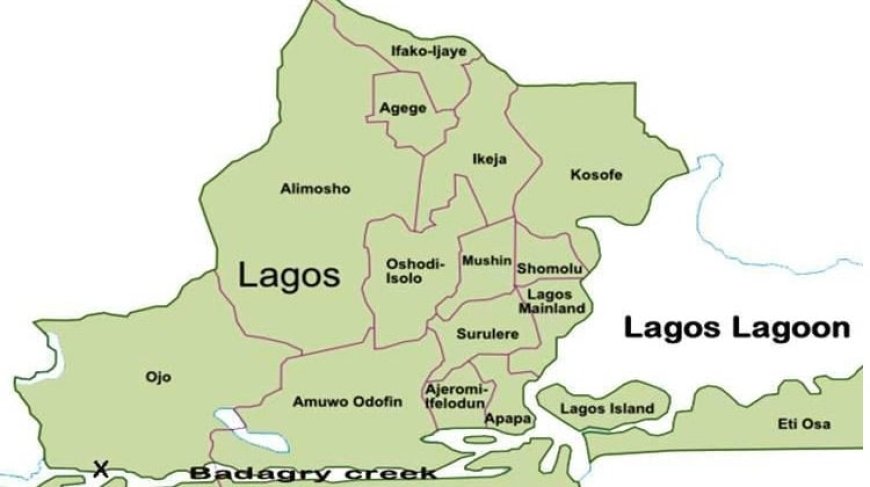Lagos unveils plan to minimise Lekki-Ajah road disruption

The Lagos State Government has reassured residents that the proposed rehabilitation of the Lekki–Ajah axis will not plunge the area into gridlock.
In a Friday statement addressing mounting public concerns, the government said it has “noted the concerns expressed by residents and commuters regarding the ongoing rehabilitation of the Lekki–Ajah corridor,” adding that it “appreciates these concerns, particularly as we approach the high-traffic festive period.”
To ease fears, the government unveiled a detailed traffic management and construction plan, emphasising that the project has been deliberately structured not to choke movement.
Online had earlier repost that the state on Wednesday announced that road rehabilitation works will commence on the Lekki-Ajah corridor from Saturday, November 15, 2025, and will run through Wednesday, July 15, 2026 — a period of eight months.
According to the latest statement, “the rehabilitation work will be implemented in carefully planned phases to ensure that daily movement is not disrupted.”
It added that “only specific sections of the corridor will undergo repairs at any given time, and these sections have been deliberately chosen to ensure minimal impact on the main carriageway.”
A major highlight of the strategy is the activation of alternative routes and reinforced bypasses, the statement noted.
The government said “alternative routes are being opened and strengthened, including the Coastal Road and adjoining service lanes, to provide smoother diversions where necessary.”
To further reduce daytime pressure, Lagos State is adopting a construction schedule that pushes major works into the night.
It further read, “Lagos State has activated a night-shift strategy for major aspects of the repair works so that the bulk of construction activity takes place when traffic volume is significantly lower.”
On traffic control, authorities say they have prepared for the worst.
“LASTMA personnel will be deployed in adequate numbers along the entire stretch to ensure continuous movement, prevent gridlock, and respond swiftly to any traffic pressure that may arise during the rehabilitation period,” the statement noted.
The government stressed that the project’s goal is long-term relief, not short-term hardship. “
The rehabilitation project intends to improve the Lekki–Ajah corridor, not to add discomfort to residents,” it said, appealing for patience “as we work to deliver lasting solutions that will make commuting safer, faster, and more convenient for all.”
Reaffirming its broader commitment, the statement added: “The Lagos State Government remains committed to providing world-class infrastructure and will continue to engage with the public as the project progresses.”

 admin
admin 


